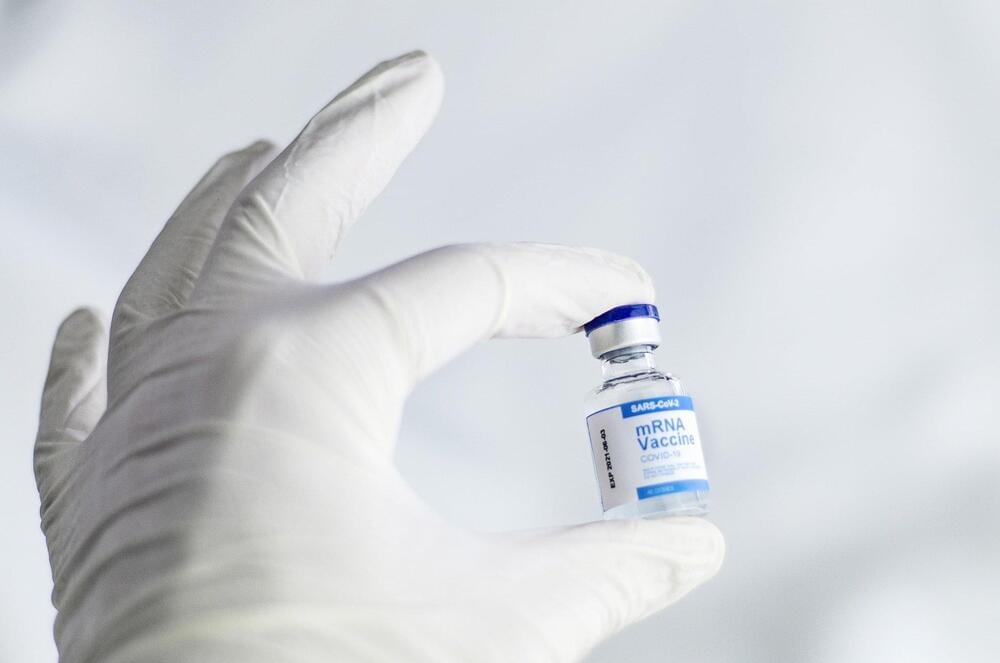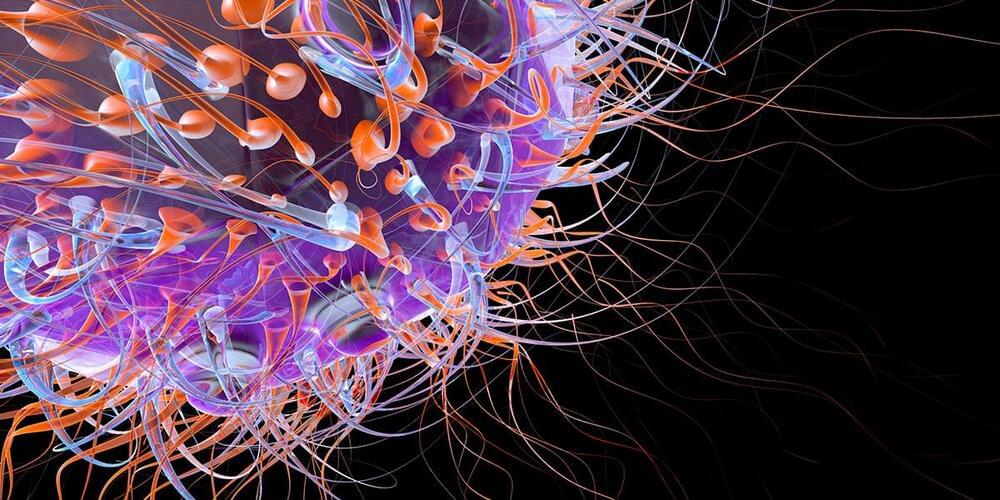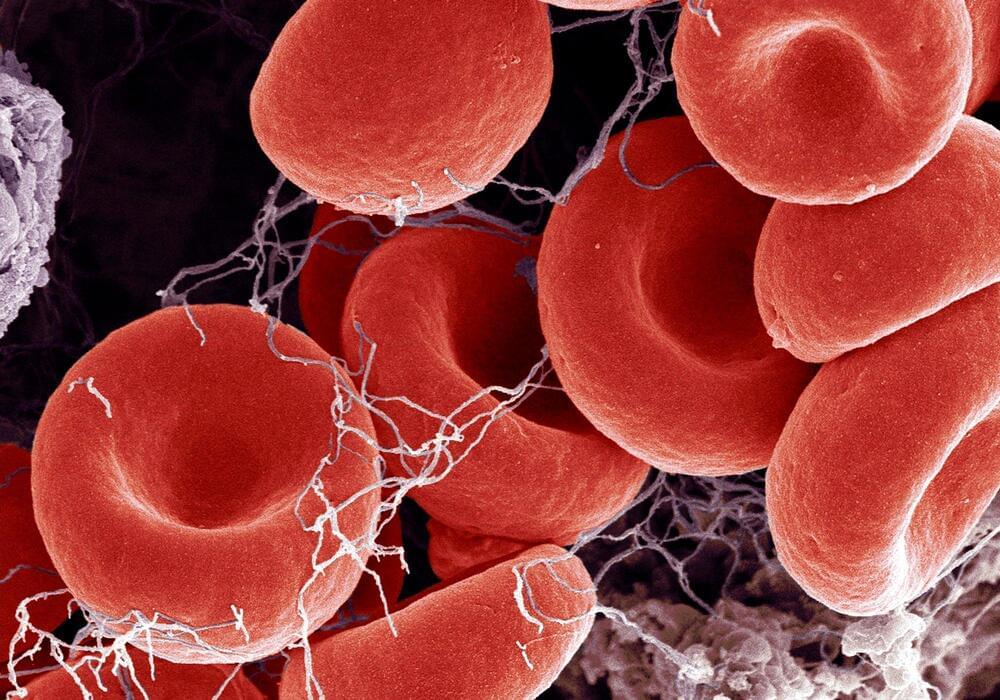Let the record show that the current COVID-19 vaccines work, and they work well. But what is the next step in vaccine development, especially amid increasing rates of breakthrough infections and emergence of variants of concern?
In a new Northwestern Medicine study in mice, researchers took one of the current vaccines, which is based on the novel coronavirus’s infamous spike protein, and added a different antigen, the nucleocapsid protein, to form a new, potentially improved version of the COVID vaccine. The nucleocapsid protein, which is an internal RNA-binding protein, may help kick the immune system into high gear much more quickly than the spike protein is capable of since it is among the most rapidly and highly expressed proteins in coronaviruses.
“At this point, we’re just trying to figure out ‘What should the 2.0 vaccines be?’” said senior and corresponding study author Pablo Penaloza-MacMaster, an assistant professor of microbiology-immunology at Northwestern University Feinberg School of Medicine. “It seems like adding nucleocapsid to the vaccine renders it more protective, relative to having only the spike.”






